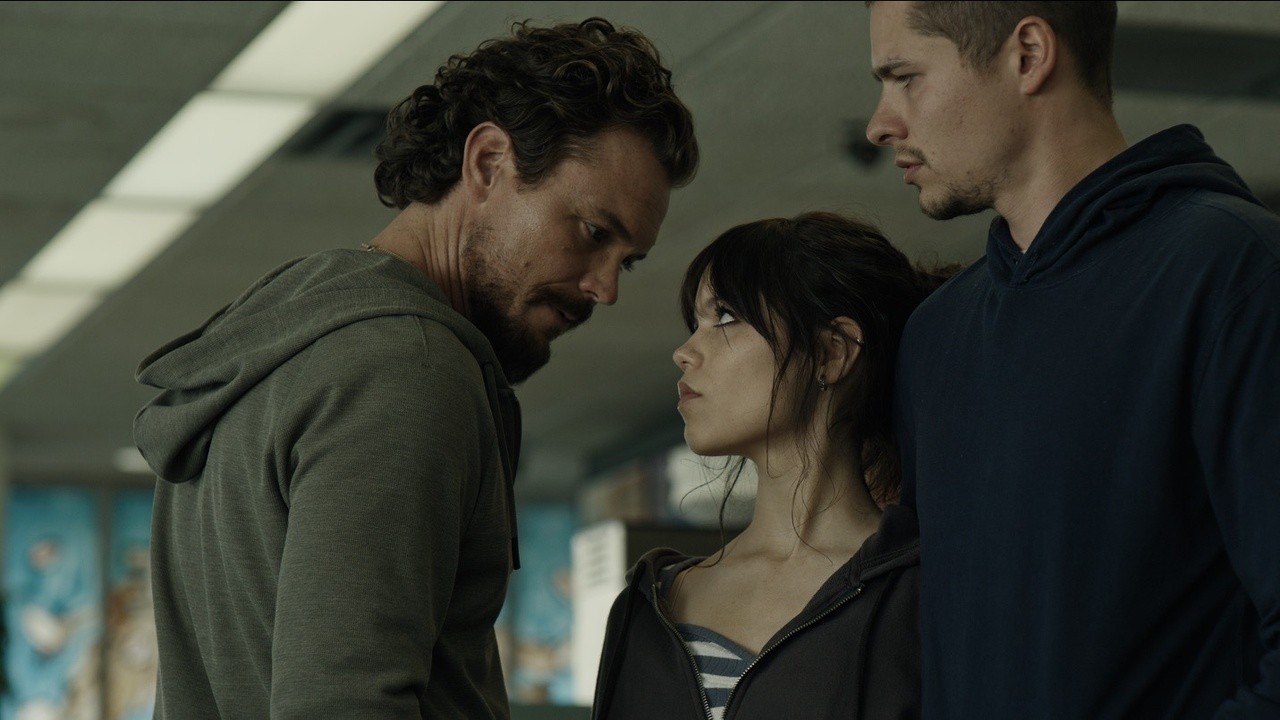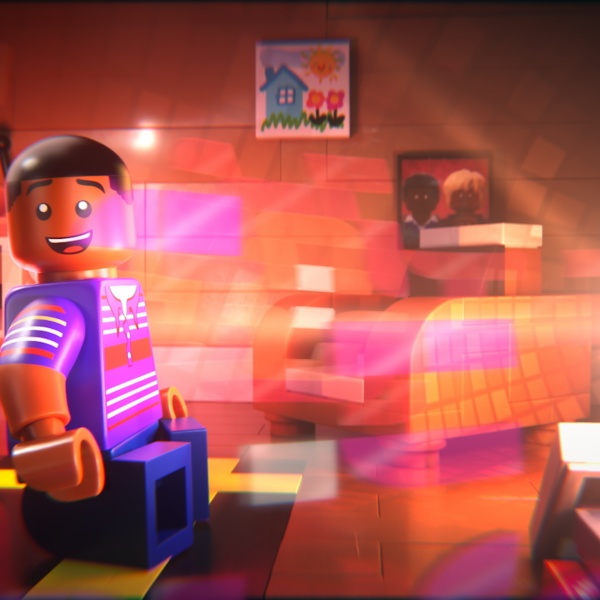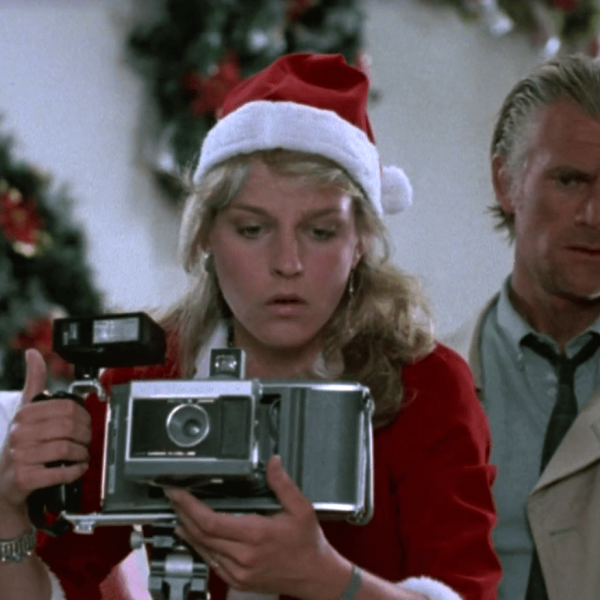I don’t know where to start on “Finestkind,” the saccharine, incomprehensible northeastern America fishing family drama from writer-director Brian Helgeland. As I watched this turgid muddle, a messy ball of nonsensical threads and worse performances, I couldn’t help but be reminded of Roger Ebert’s old maxim: No good film is too long, and no bad film is too short.
But what about a film so driven off course it needs a come to Jesus moment? “Finestkind” is that sort of picture. Clunky, nauseating, and perfunctory, it’s shocking that before the World Premiere screening in Toronto Helgeland called the movie a deeply personal work, the type of film he wished had been his first, and the kind he fears might be his last.
The introduction was enough to make you hope for a merely mindlessly entertaining flick. Unfortunately, “Finestkind” doesn’t even pass that lowest of bars. It’s a terrible development for a screenwriter known for “L.A. Confidential,” “Mystic River,” and “42.”
And yet, for the first hour of “Finestkind” you can almost trick yourself into falling for the calming, aquatic slice of life Helgeland has cooked up. Charlie (Toby Wallace) arrives on a dock in New Bedford to see his temperamental fisherman half-brother Tom (Foster). Recently graduated from college, with an offer to study law at Boston University, Charlie desperately wants to work on his big brother’s boat for the summer. Despite Tom’s incredulity that his wealthy sibling can hang, he agrees. In a whiplash series of events, Charlie meets the close crew, is given a buzzcut, survives a shipwreck, is rescued from a life raft with his mates and brother, and careens through a New England bar before the clam chowder turns cold.
That kind of incoherent plotting is a feature, not a glitch in “Finestkind” Seeing his son without a boat, Ray (Tommy Lee Jones), Tom’s taciturn father, offers his vessel to the troubled Tom. In return, Ray makes his son promise to take the boat out first thing in the morning. In that short span of time, Charlie becomes involved with the least likely movie drug dealer, maybe, in cinematic history in Mabel (a miscast Jenna Ortega). Charlie’s wealthy lawyer dad also makes a brief appearance to warn his son against throwing his life away; Charlie and Tom’s mom (Lolita Davidovich) gives her quasi consent for their way of life.
When the brothers are out to sea, cinematographer Crille Forsberg’s keen eye captures heartwarming images of Charlie learning the ropes, of men employed in a profession they love — fishing out scallops — and captivating compositions of the ocean’s wide expanse. Helgeland unfortunately doesn’t allow these meditative scenes to simply speak for themselves; in an uncharacteristic miss, composer Carter Burwell’s grungy guitar and pushy piano score is far too overpowering, leaving no emotional button unpressed.
And yet, you’re never quite sure who deserves your support. When Tom purposefully crosses over into Canadian waters to illegally fish, are we supposed to see him as a hero? When his dad’s boat is impounded because of the transgression, does the vessel become the emotional cipher for Tom and Ray’s strained relationship? Why should we care about the punkish, rich, Charlie? The last question is especially grating. There is nothing inherently interesting about Charlie. Tom accuses him of being a cultural tourist and the movie does nothing to disprove the notion. Charlie has zero depth, no philosophies, no intriguing backstory. He and Tom have a normal relationship; he doesn’t resent Ray; so there’s no tension there. Not only is he a boring guy, Wallace brings nothing to the table: At best, he’s deeply failing at channeling Paul Walker’s naivete in “The Fast and the Furious.”
On its face, comparing this movie to the “Fast” series sounds outlandish. But the analogy isn’t really that far off. Through a random twist, Tom and Charlie become ensnared by a heroin dealer. They must pay back that shady guy, while navigating a drug war that is never fully explained, or risk losing their lives and Ray’s boat. Helgeland probably meant for the second hour of “Finestkind” to be “Hell or High Water” on the sea. In reality, the backend of the film prompted unplanned laughs for absurd scenes clearly meant to be taken seriously.
There are so many trite lines of dialogue, it’s nearly impossible to keep them straight. “You live. You die. It’s what you do in between that counts;” “I can’t trust the junkie inside of me;” “It’s where I’m from; it’s not where I’m going,” are just some of the overstretched bids for profundity. Jones eventually takes center stage, delivering these painful pieces of dialogue with his usual sense of dry wit. His physical performance, a notable limp and closed in frame, along with his commitment to landing these pithy emotional beats, offers the film one of its few high points when he makes gurgling whale noises.
A crazed shootout in a donut shop and a cringey heart-to-heart between brothers, fathers and sons mark the last breaths of this interminable film. While the mere title of the film, “Finestkind” — a word that apparently means anything depending on how you say it — should prompt an acidic pun on the title for a kicker. But at the end of such a wayward work, the come to Jesus moment is an awareness that a good film can never be too long, a bad film can never be too short, and a terrible film stops time, rendering you trapped and screaming as it drags you to its bottom.
Grade: C-
“Finestkind” premiered at the 2023 Toronto International Film Festival. It will be released on Paramount+ later this year.




